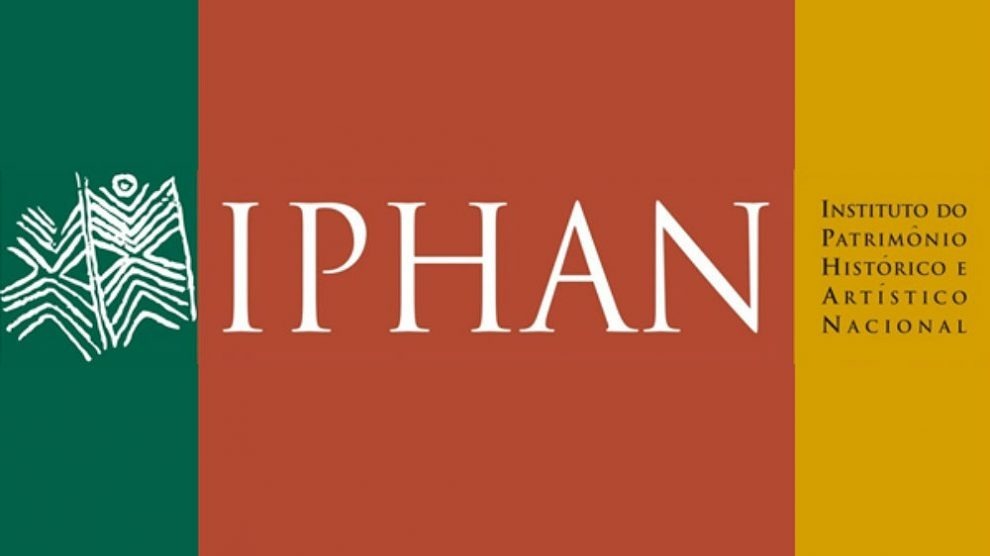Iphan, the federal body which is the foundation for state and municipal bodies devoted to the protection of cultural heritage, was established by Decree Nº 25 on 30th November 1937, prepared by Mário de Andrade at the request of Gustavo Capanema, minister of the then president Getúlio Vargas. The buildings and other heritage items listed at three levels – federal, state and municipal – constitute a significant sample of Brazilian cultural inheritance, from the earliest days to the present.
The complete roll of listed buildings or areas throughout the country is very extensive. Some are whole city areas, such as Ouro Preto (the whole city) and the Historic Centre of Salvador. The most important places listed by Iphan are in Pernambuco, the principal economic centre during the first sugar producing cycle in colonial Brazil, the states of Bahia and Rio de Janeiro, where the two royal capitals were situated, and in Minas Gerais, the main mining region of the country. Among the listed buildings or areas, nine are recognized by Unesco as World Heritage Sites: Olinda, in Pernambuco; the Historic Centre of Salvador, in Bahia; Ouro Preto and the Sanctuary of Bom Jesus do Matosinhos, at Congonhas do Campo, both in Minas Gerais; Missões, in Rio Grande do Sul; São Luís, in Maranhão; the national capital Brasília; and the natural heritage sites of Capivara National Park, in Piauí, and Iguaçu National Park, in Paraná. The Unesco listing of Missões and Iguaçu National Park has international consequences, as parts are situated in Argentina or Paraguay.
Iphan is an agency of the Ministry of Culture and has regional offices where information on all listed heritage sites can be obtained.
Iphan Contact Details:
Instituto do Patrimônio Histórico e Artístico Nacional (Iphan)
SEPS 702/902, Bloco B, Centro Empresarial Brasília 50, Torre Iphan
CEP 70390-025 – Brasília/DF
E-mail: sic@iphan.gov.br


